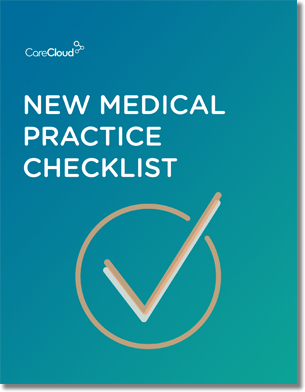Tensions are mounting between doctors and patients over access to electronic health records. According to a recent Harris Interactive survey, 82% of physicians want patients to be active in their healthcare through electronic health records, but only 31% believe patients should have full access to their EHR record.
Although there are clear benefits to providing patients access to their medical data, such as improved quality of care and patient satisfaction, the report refers to several instances where full patient access to medical records may not be conducive to proper care.
Since patients rarely understand medical data as well as their physician, they may become anxious when presented with data they do not fully comprehend. For example, if a patient suffering from depression were to be diagnosed as a suicide risk, informing the patient, even indirectly, could be very harmful.
This is probably why 65% of physicians surveyed believe patients should have limited access to their EHRs, and 4% think patients should not have access at all.
On the other side of the argument are those who believe the ability for patients to access their complete medical record in an instant could be vital in emergency situations. Imagine the benefits of an ER doctor having full and immediate access to a patient’s record through a secure, web-based patient portal.
“Many physicians believe that patients should take an active role in managing their own health information, because it fosters personal responsibility and ownership and enables both the patient and doctor to track progress outside scheduled appointments,” said Mark Knickrehm, senior global managing director of Accenture Health, in the study’s final report. “Several US health systems have found that the benefits outweigh the risks in allowing patients open access to their medical records, and we expect this trend to continue.”
However, most doctors do agree they want strict controls placed on patients’ access to their digital medical records.
While 4 out of 5 physicians believe that patients should be able to update their demographic information through an EHR portal, 47% of physicians say patients should not be able to update lab test results.
If a patient were to incorrectly update his or her lab results, the consequences could be fatal.
Also stated in the study, 53% of U.S. physicians believe EHRs have improved their quality of care, and 84% said they are either somewhat or strongly committed to promoting EHR use in their practice.
Ultimately, failing to provide patients with access to their medical data is no longer an option for providers. With Meaningful Use rearing its head at every turn, doctor/patient information sharing is not only unavoidable but incentivized as well.
How do you feel about granting patients access to medical records? Good or bad idea? Let us know in the comments section below.

Do you know what you need when setting up a new medical practice?



